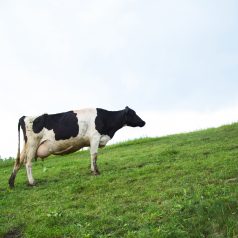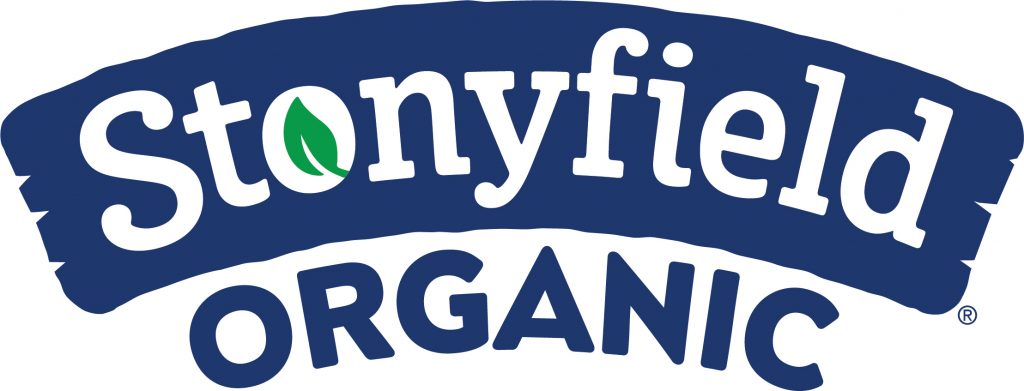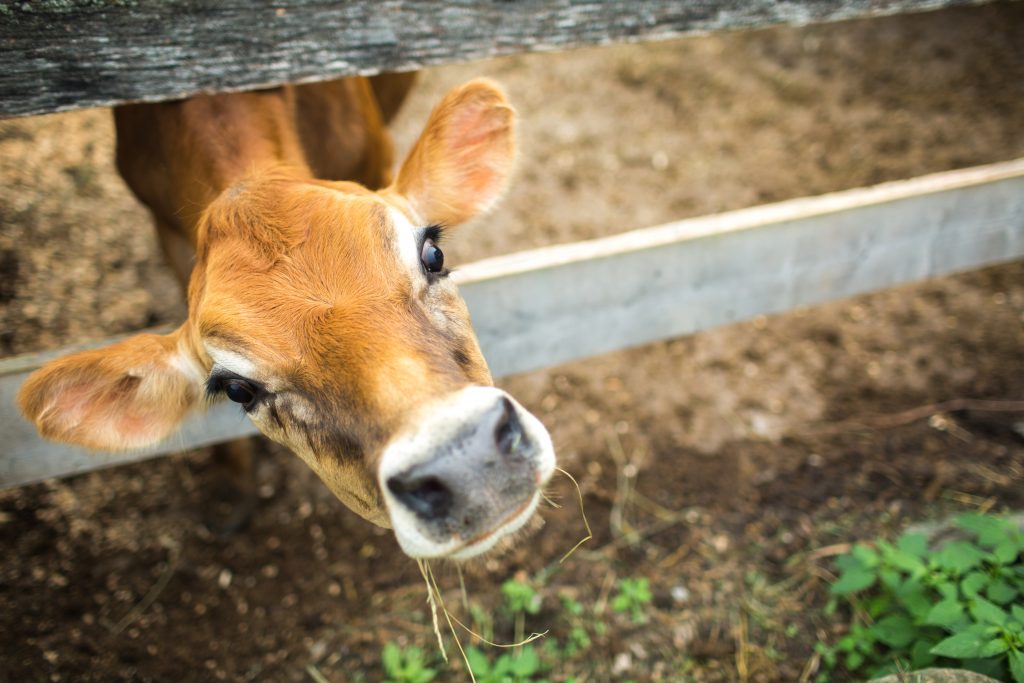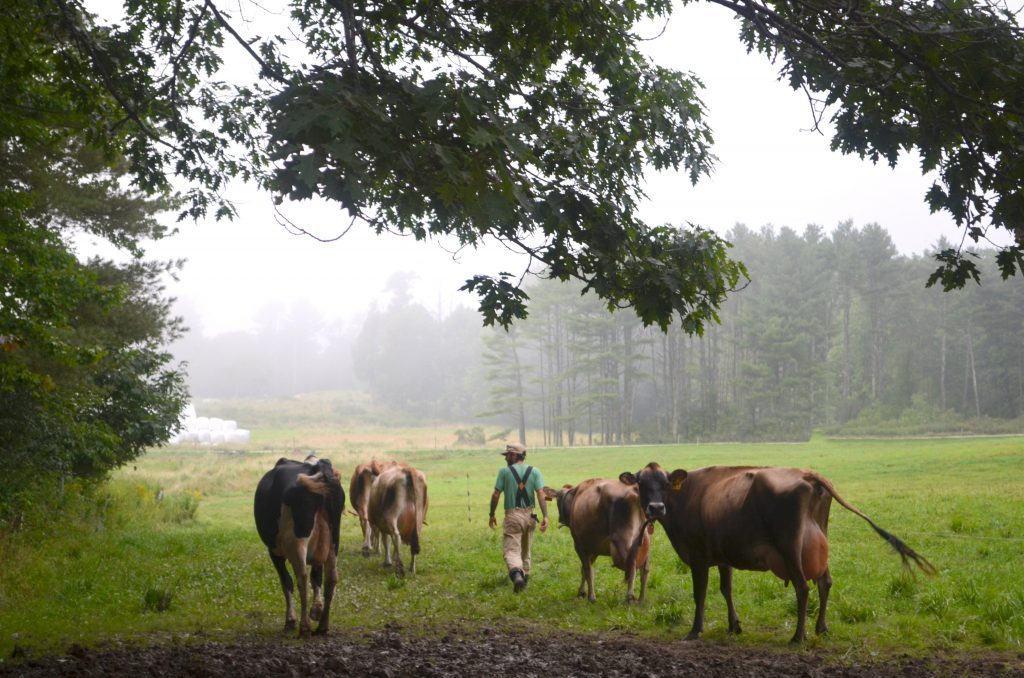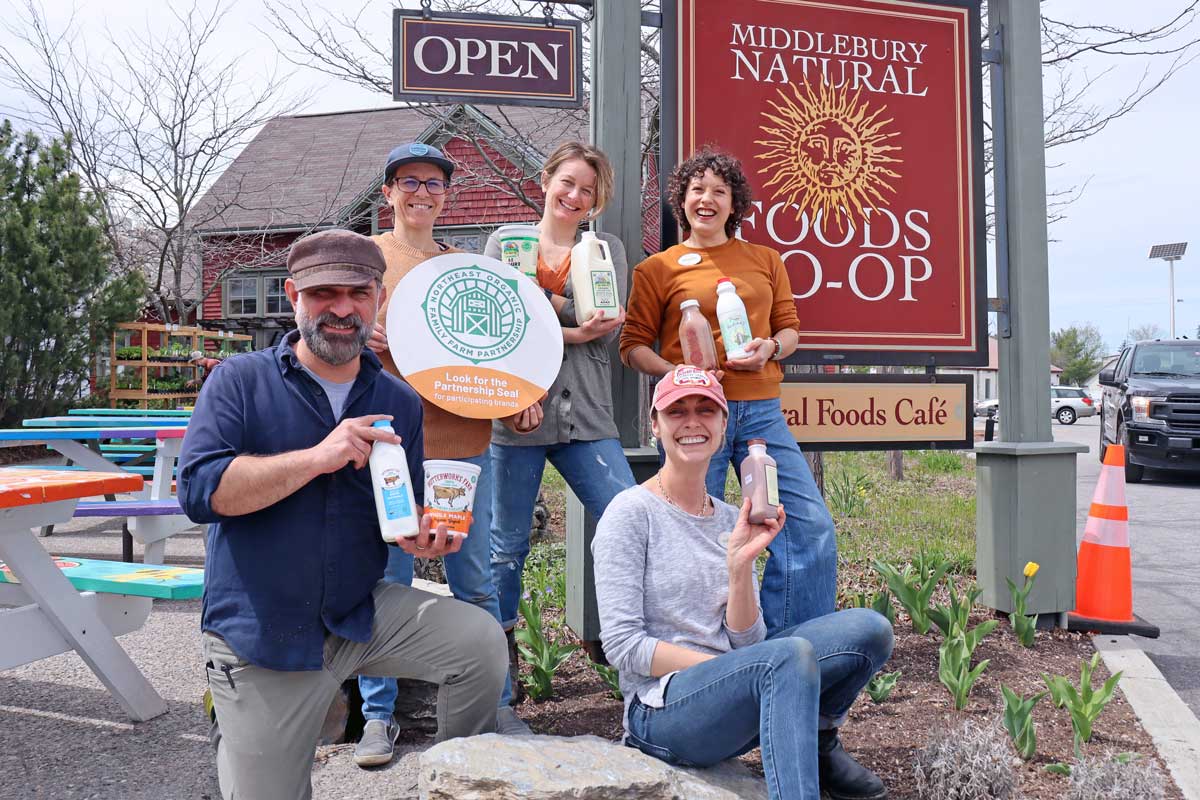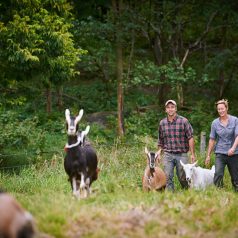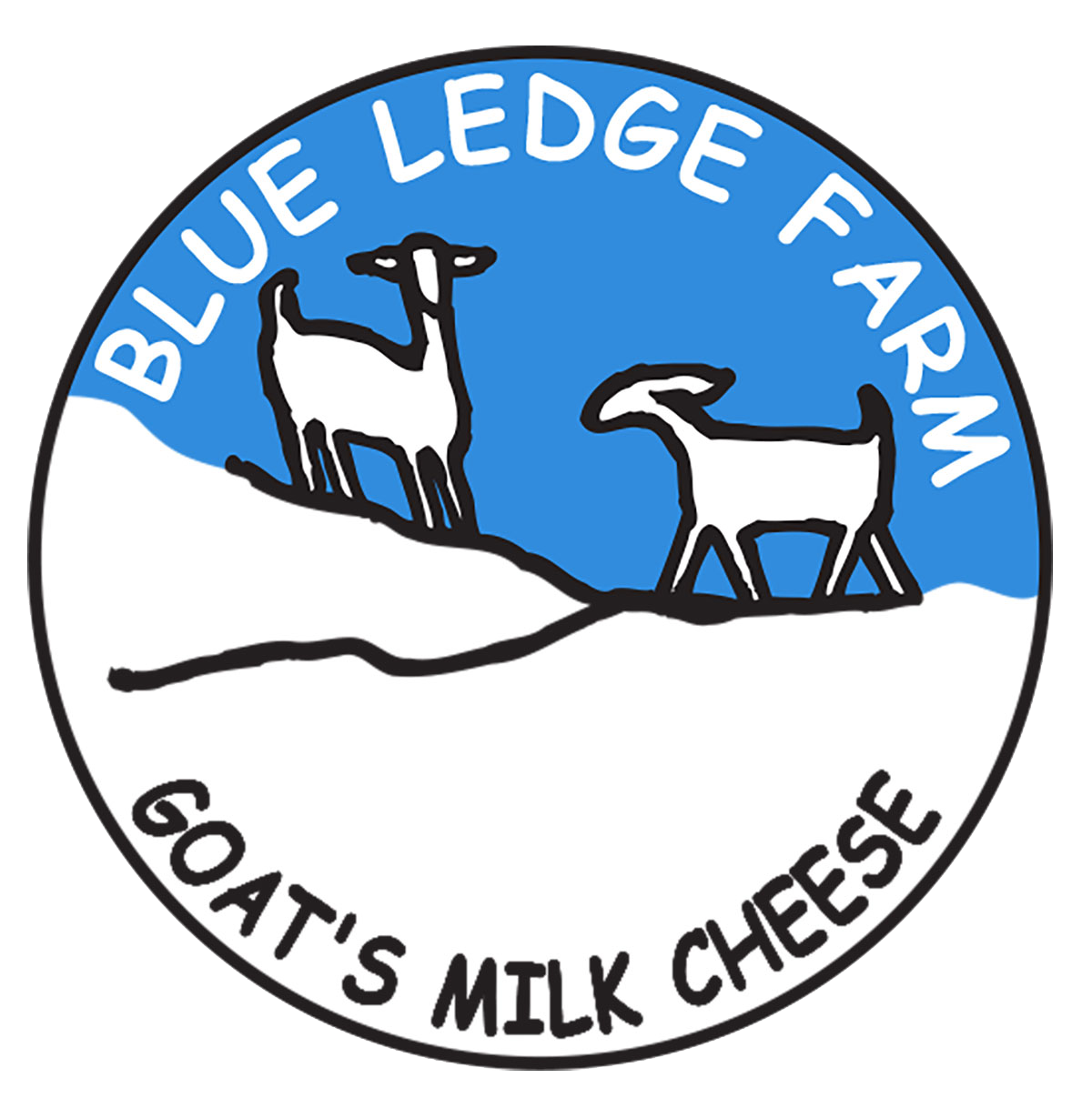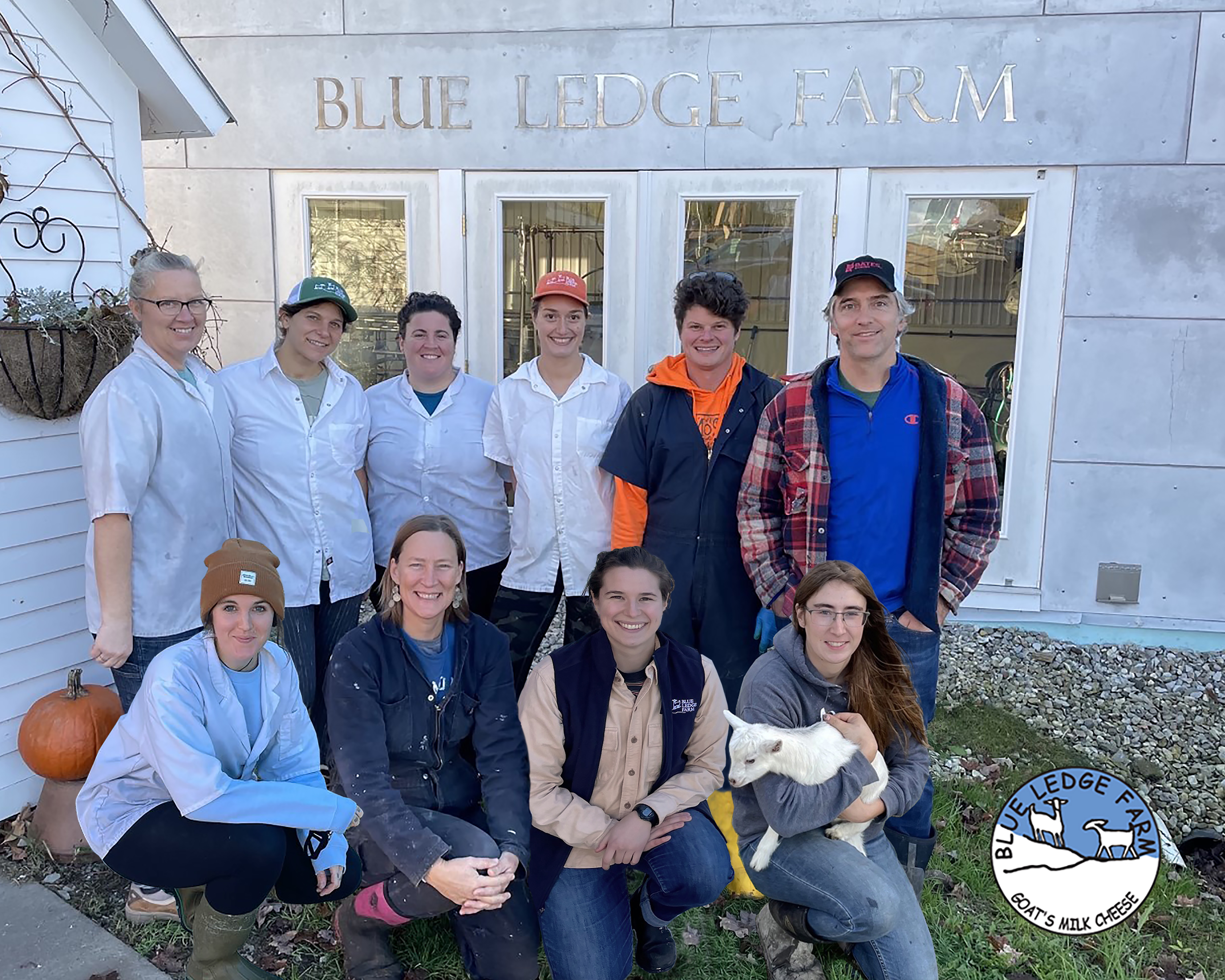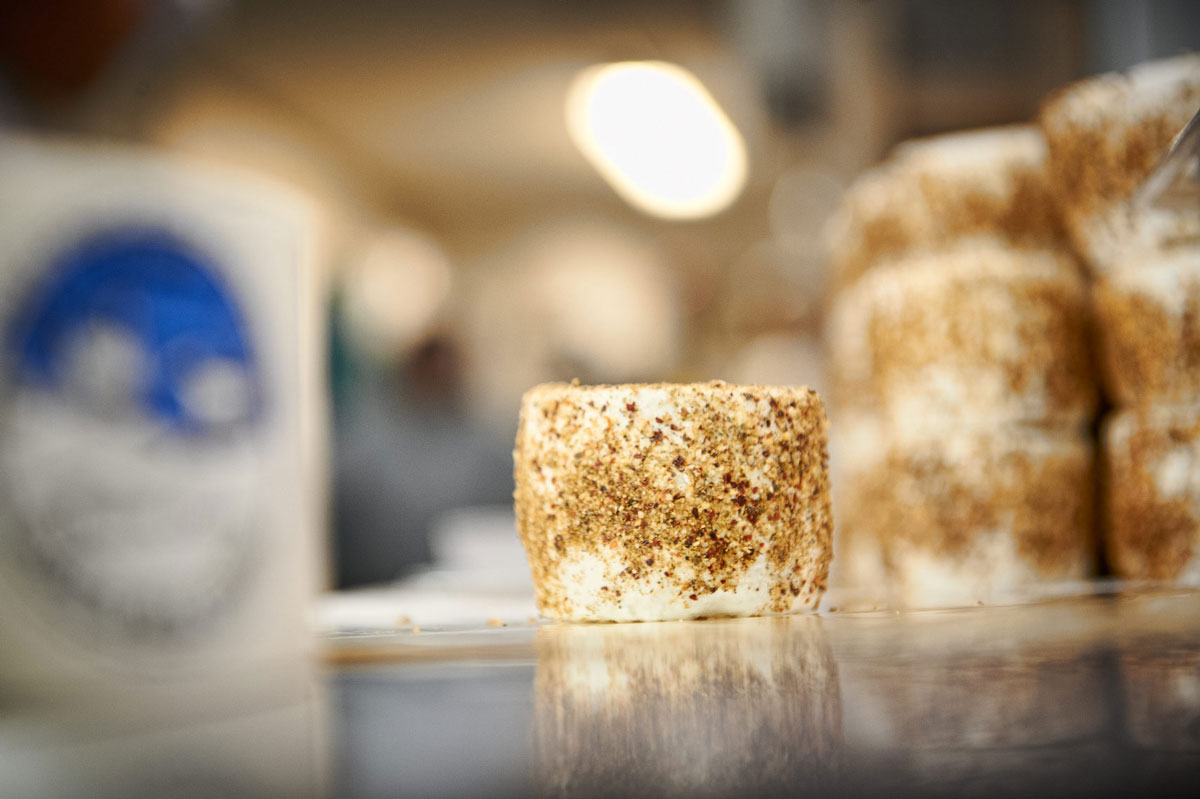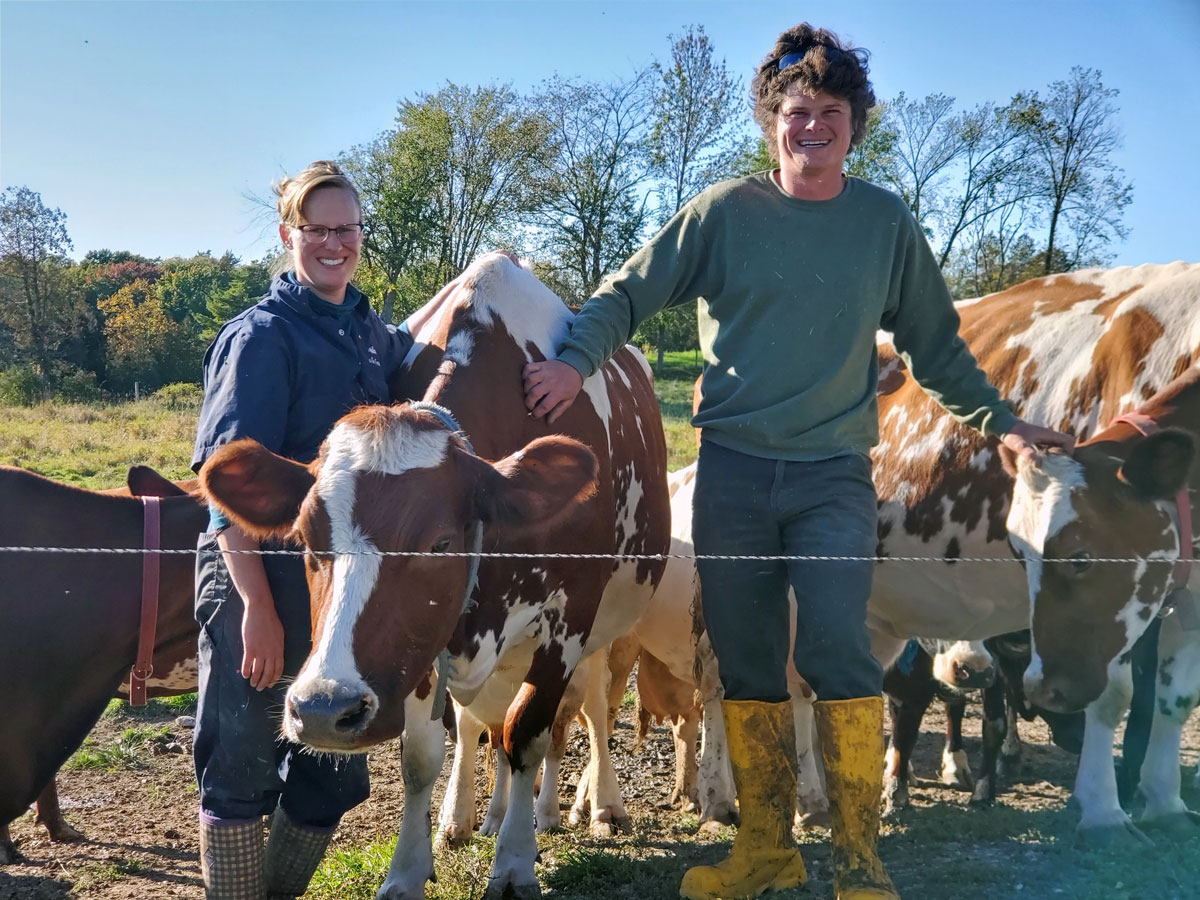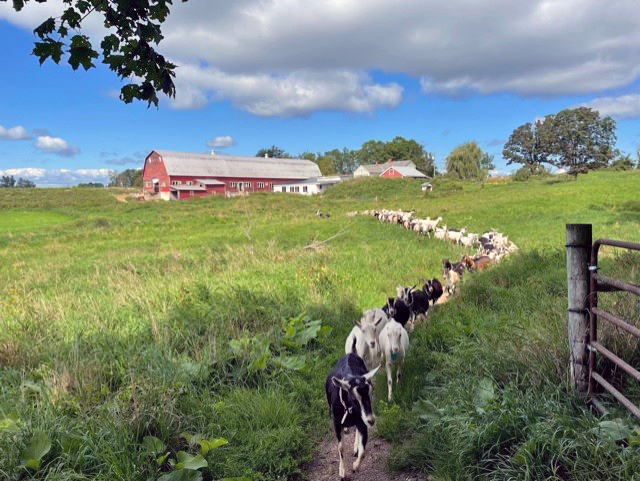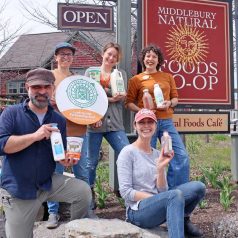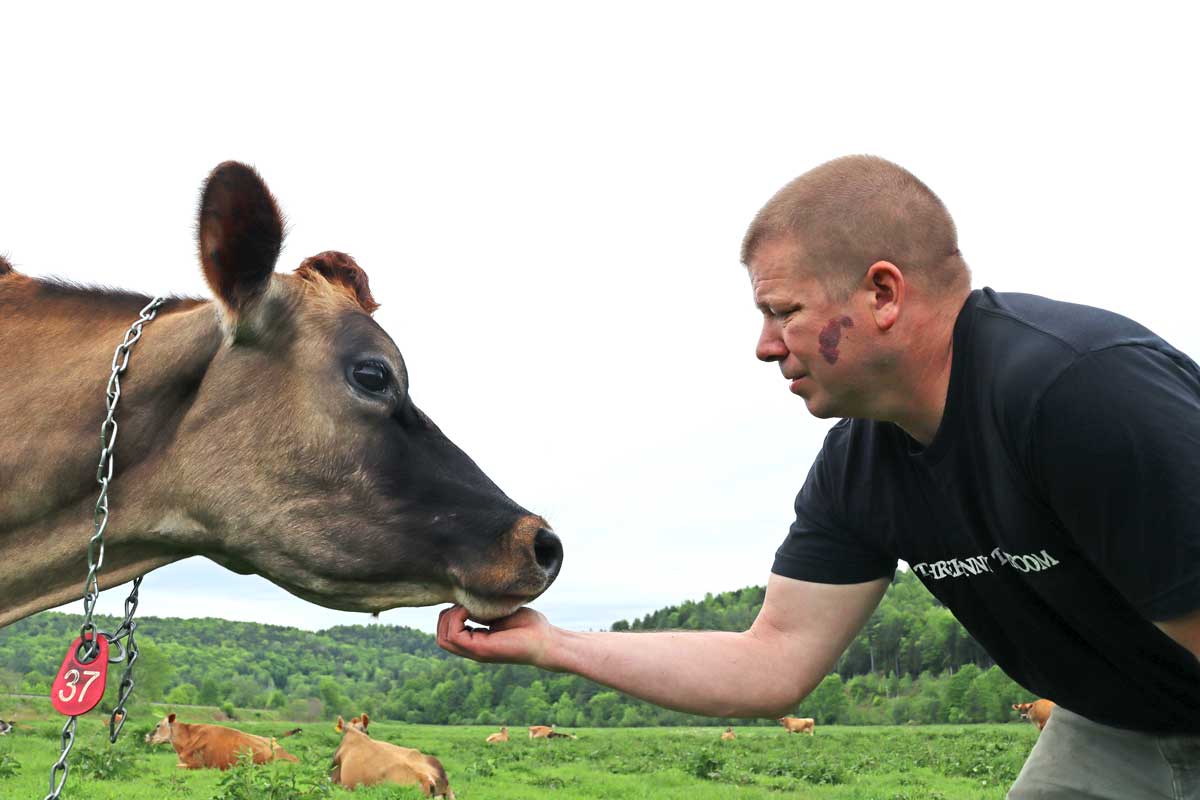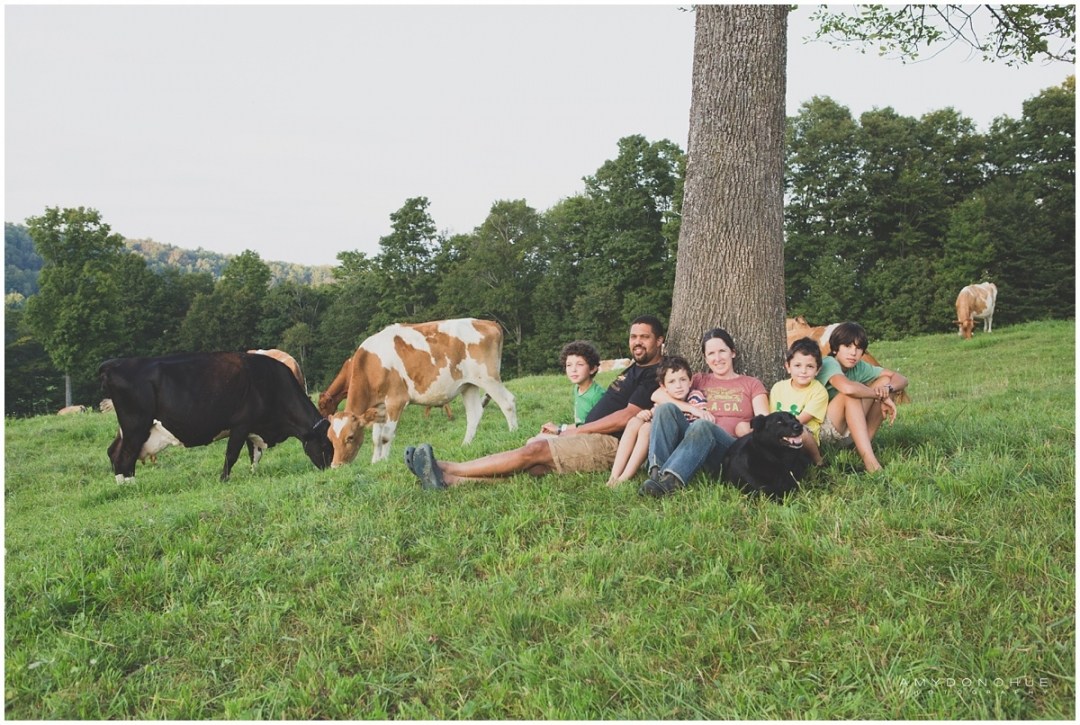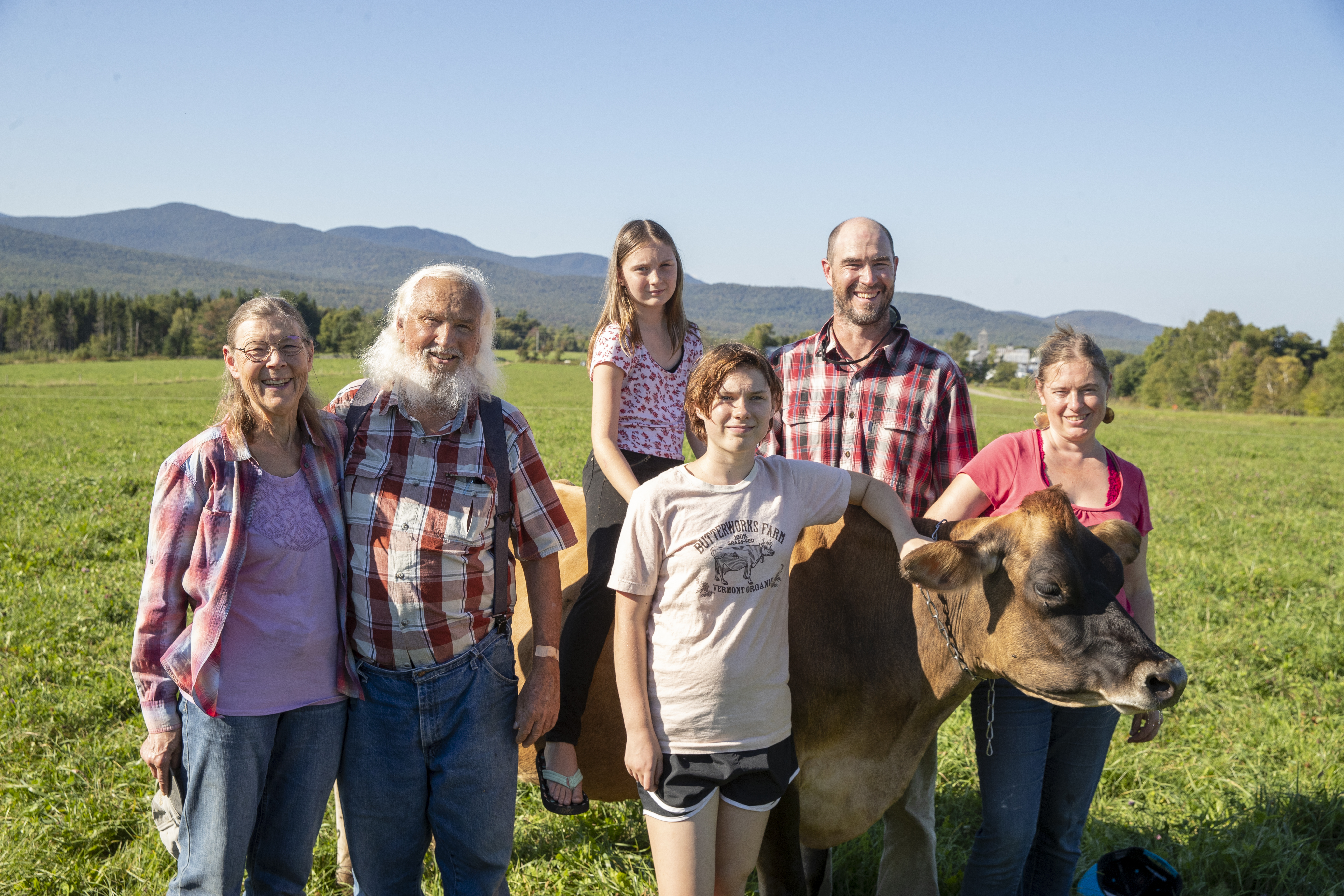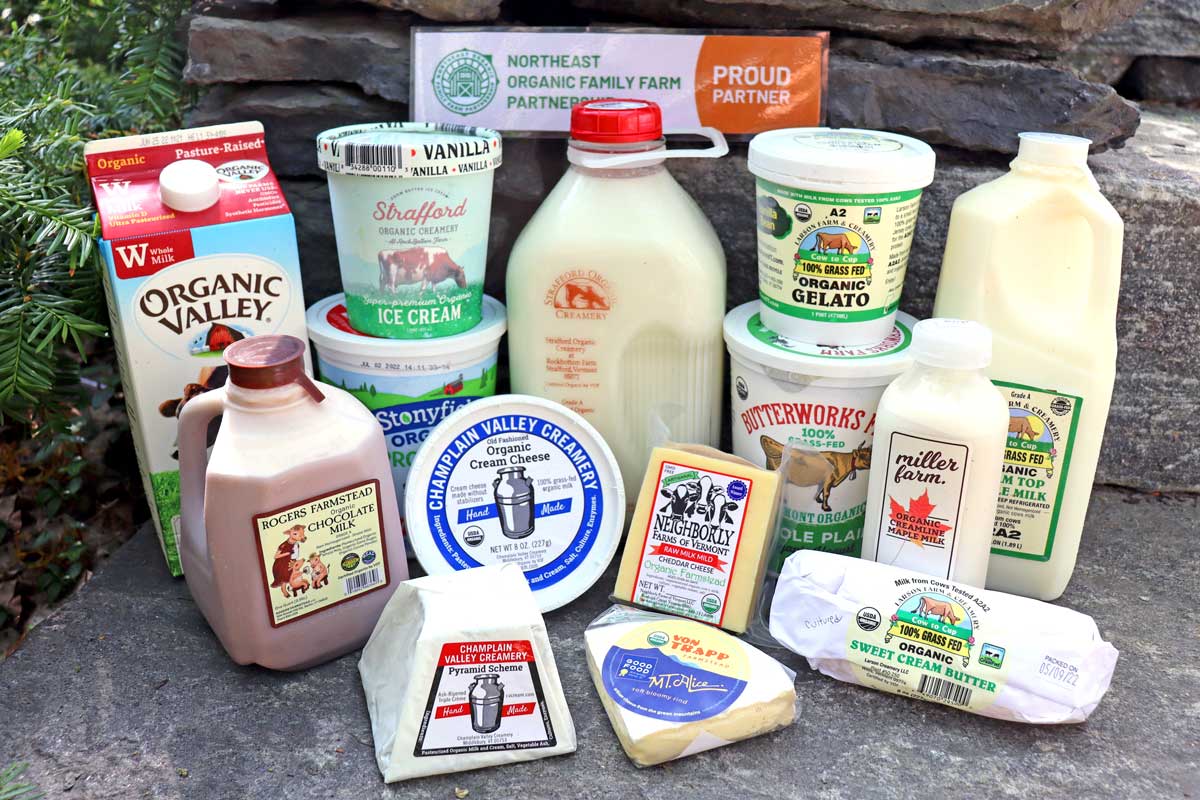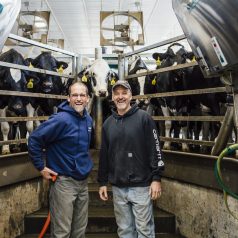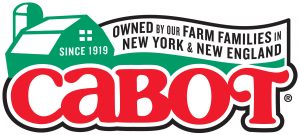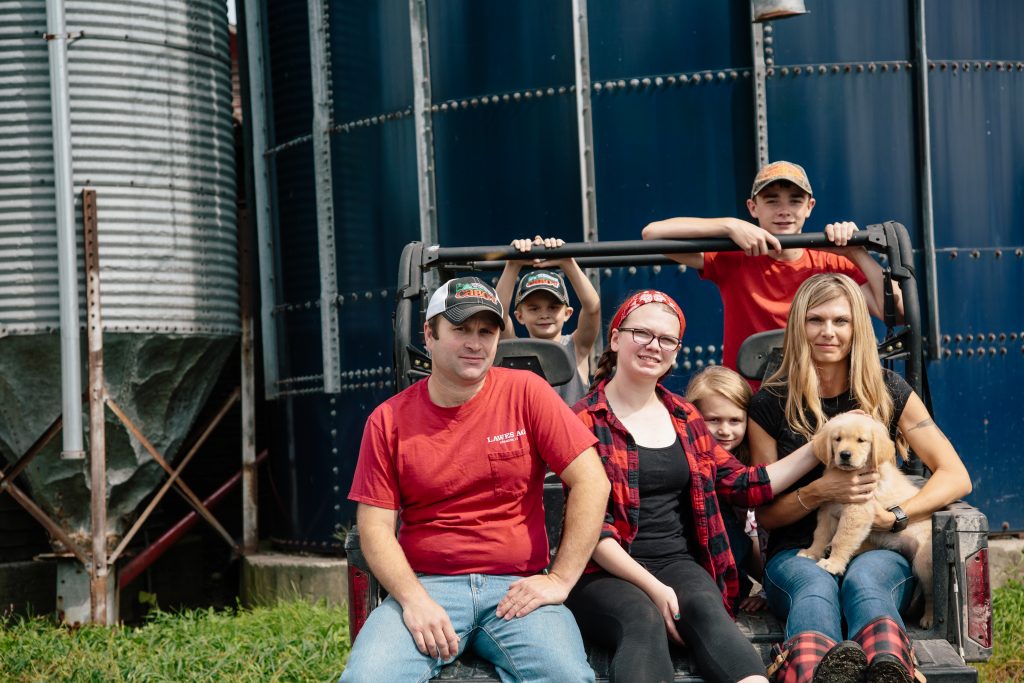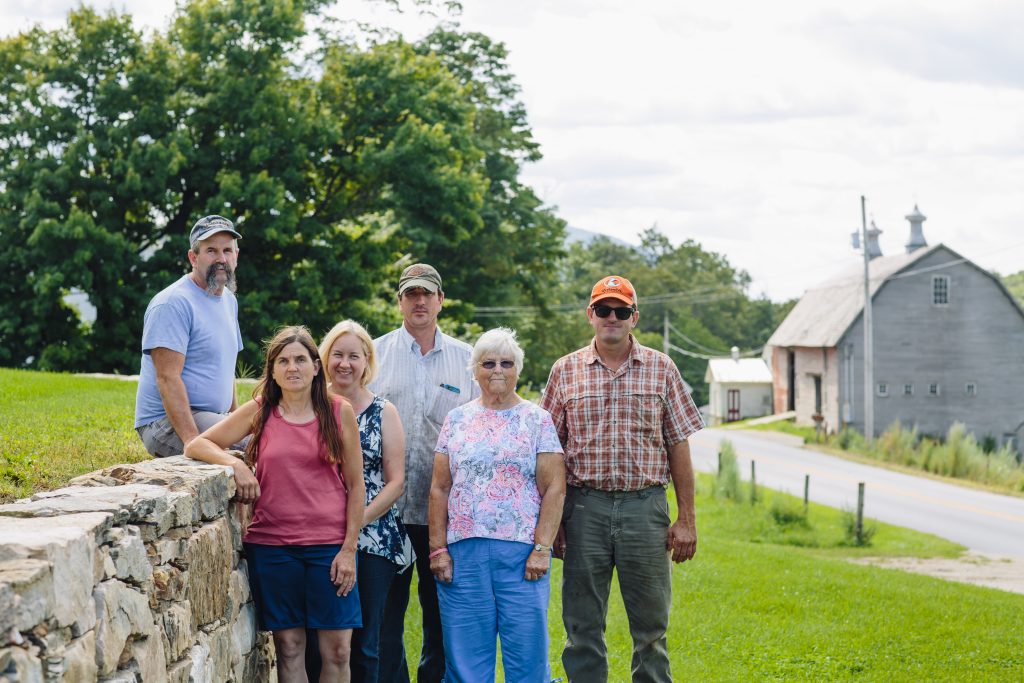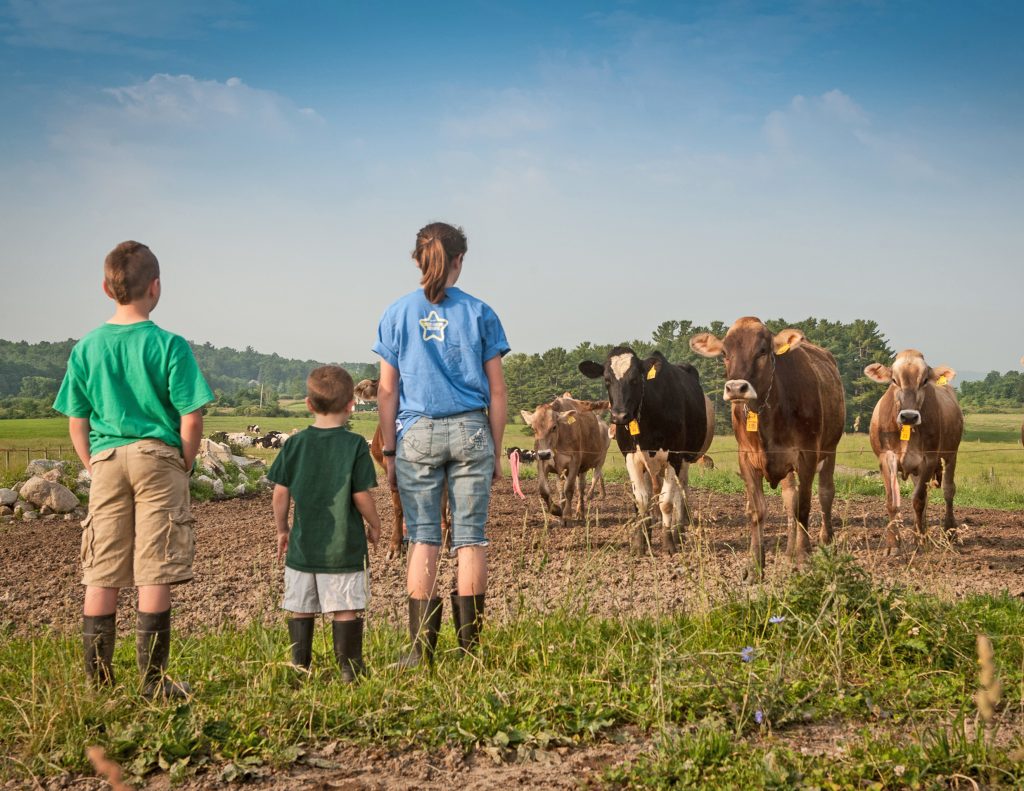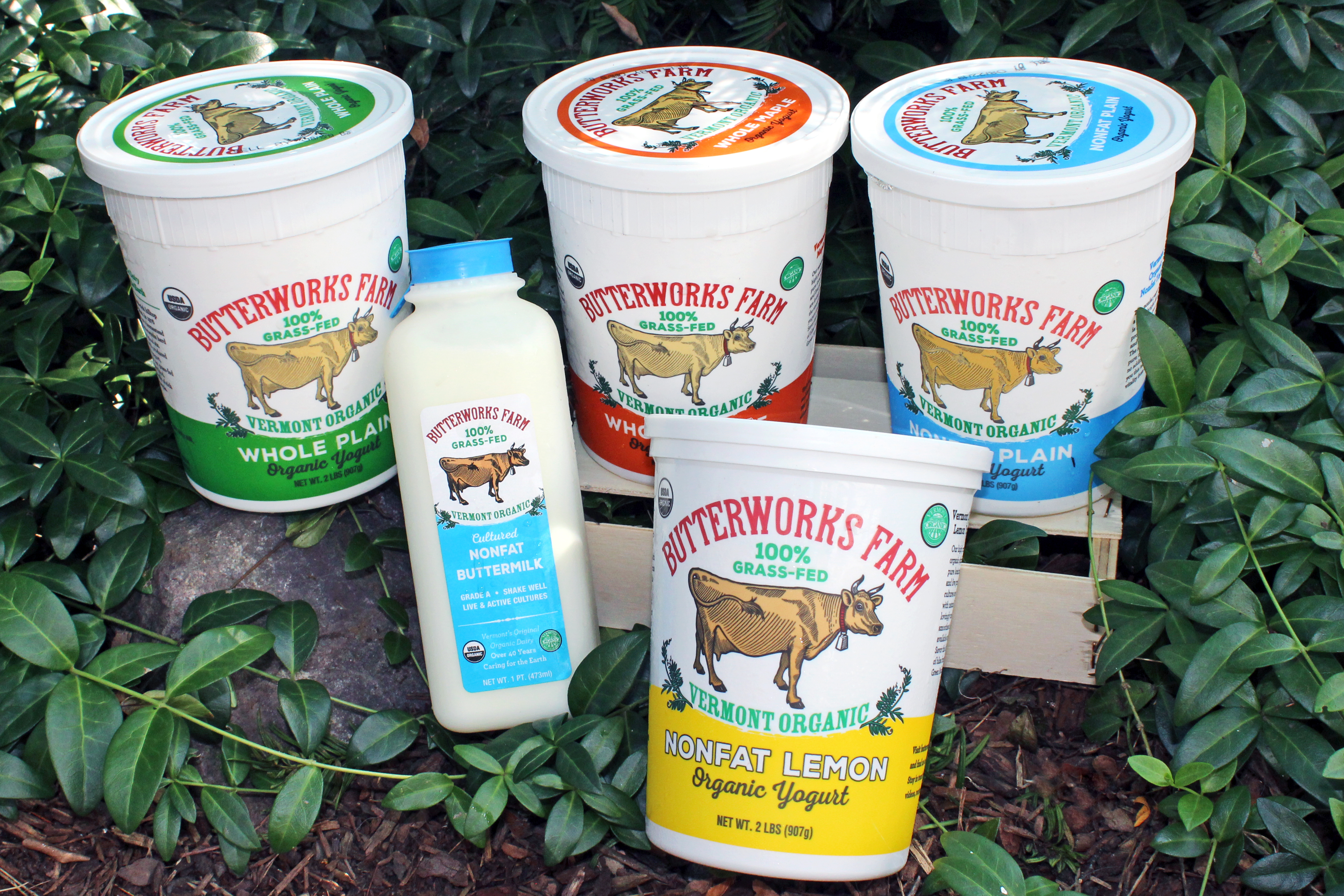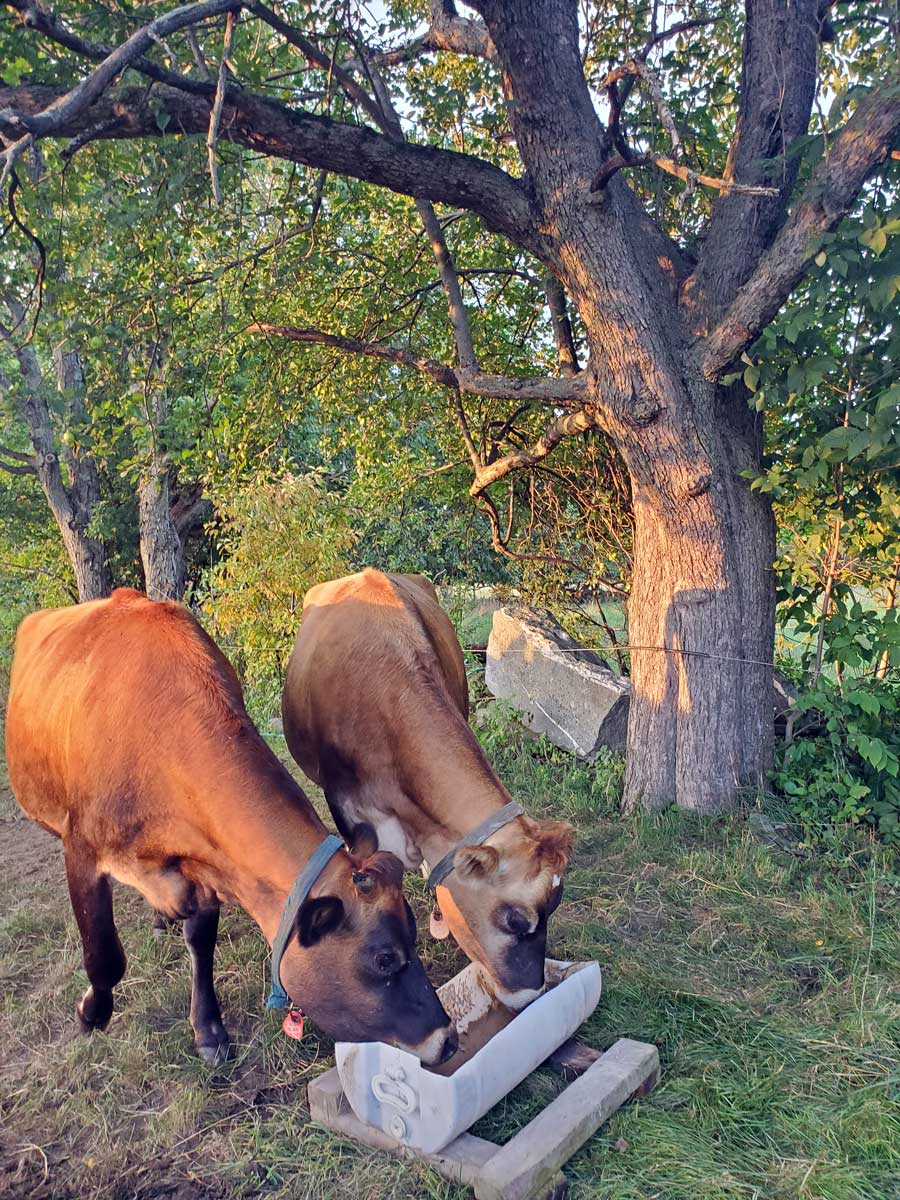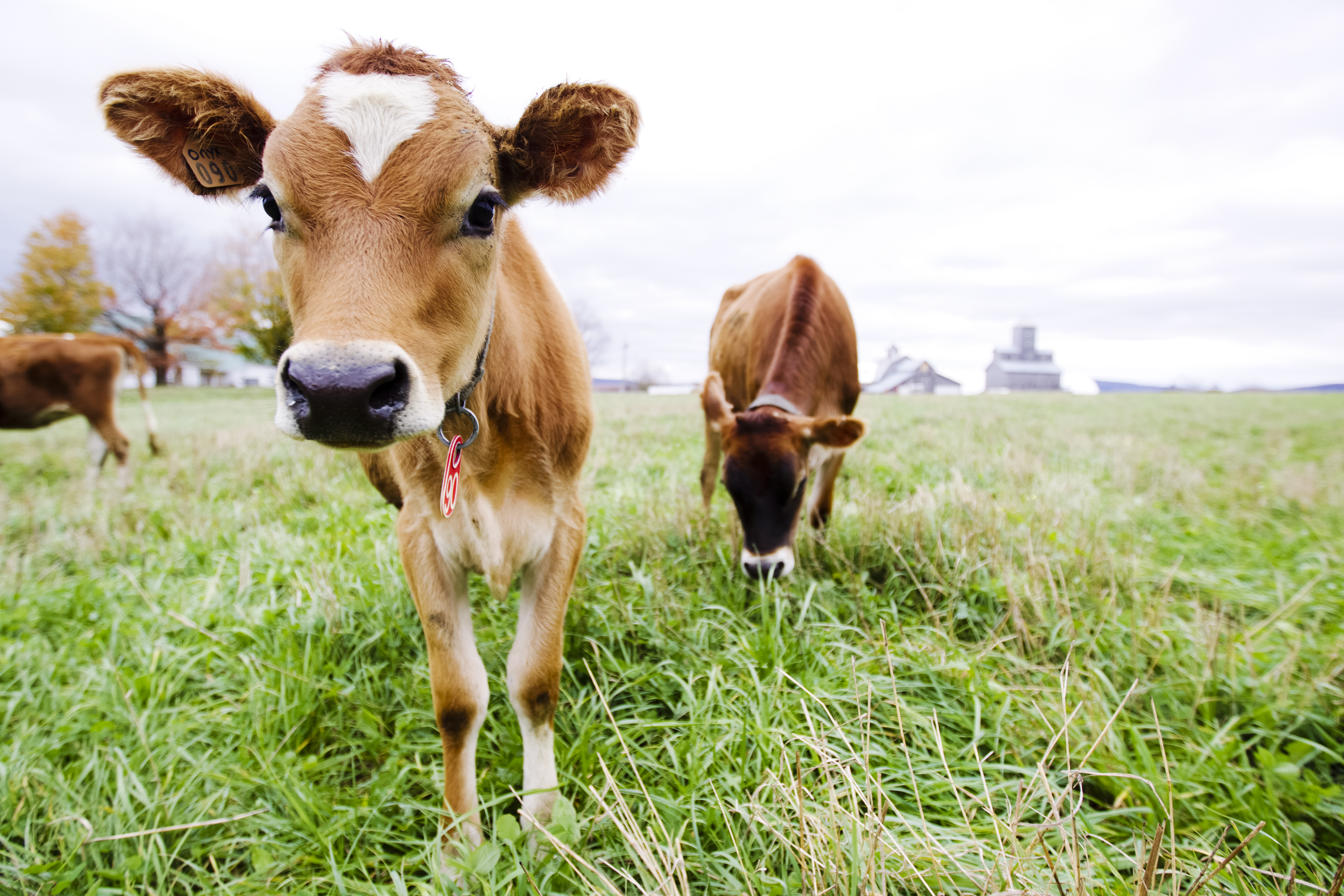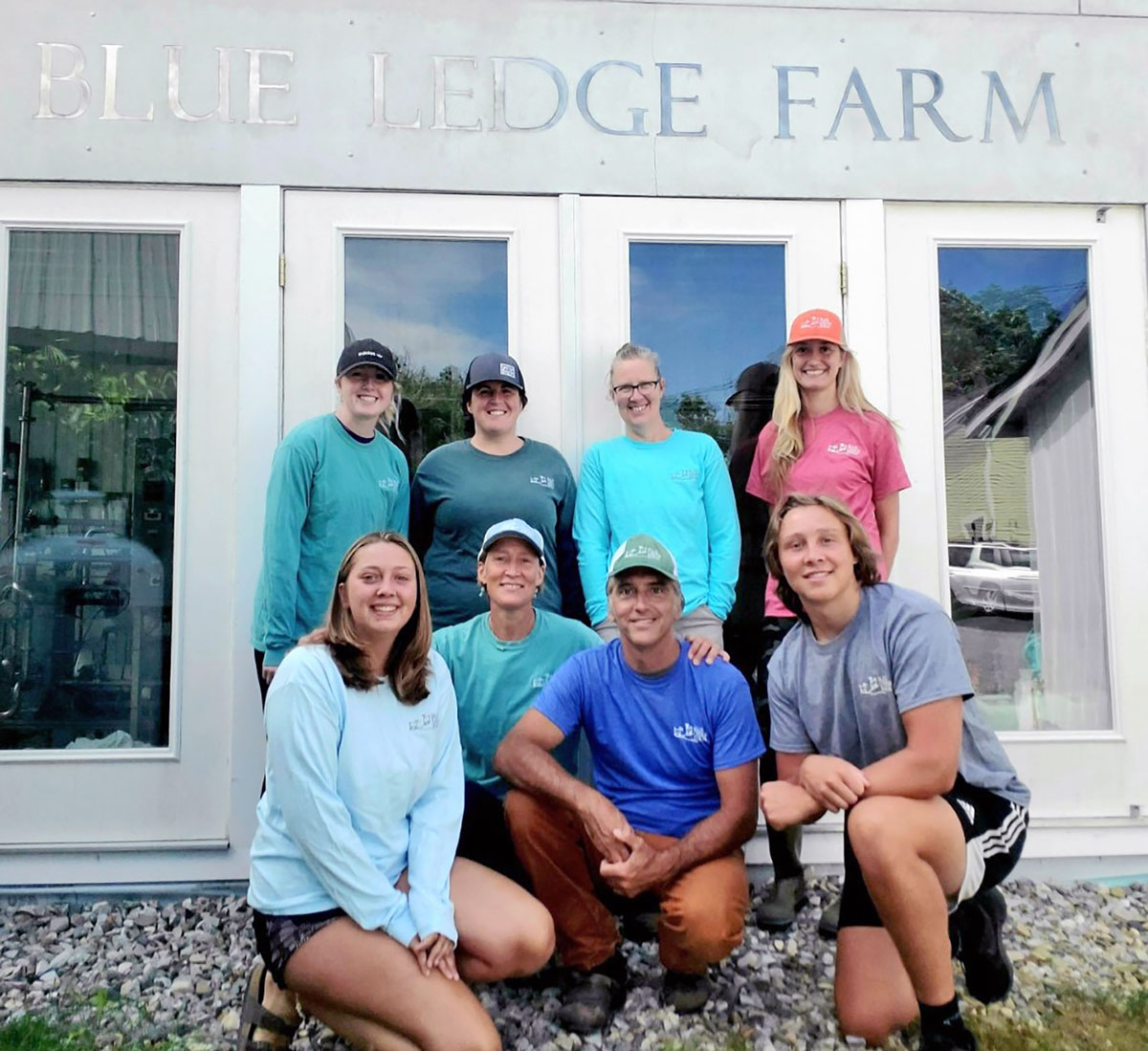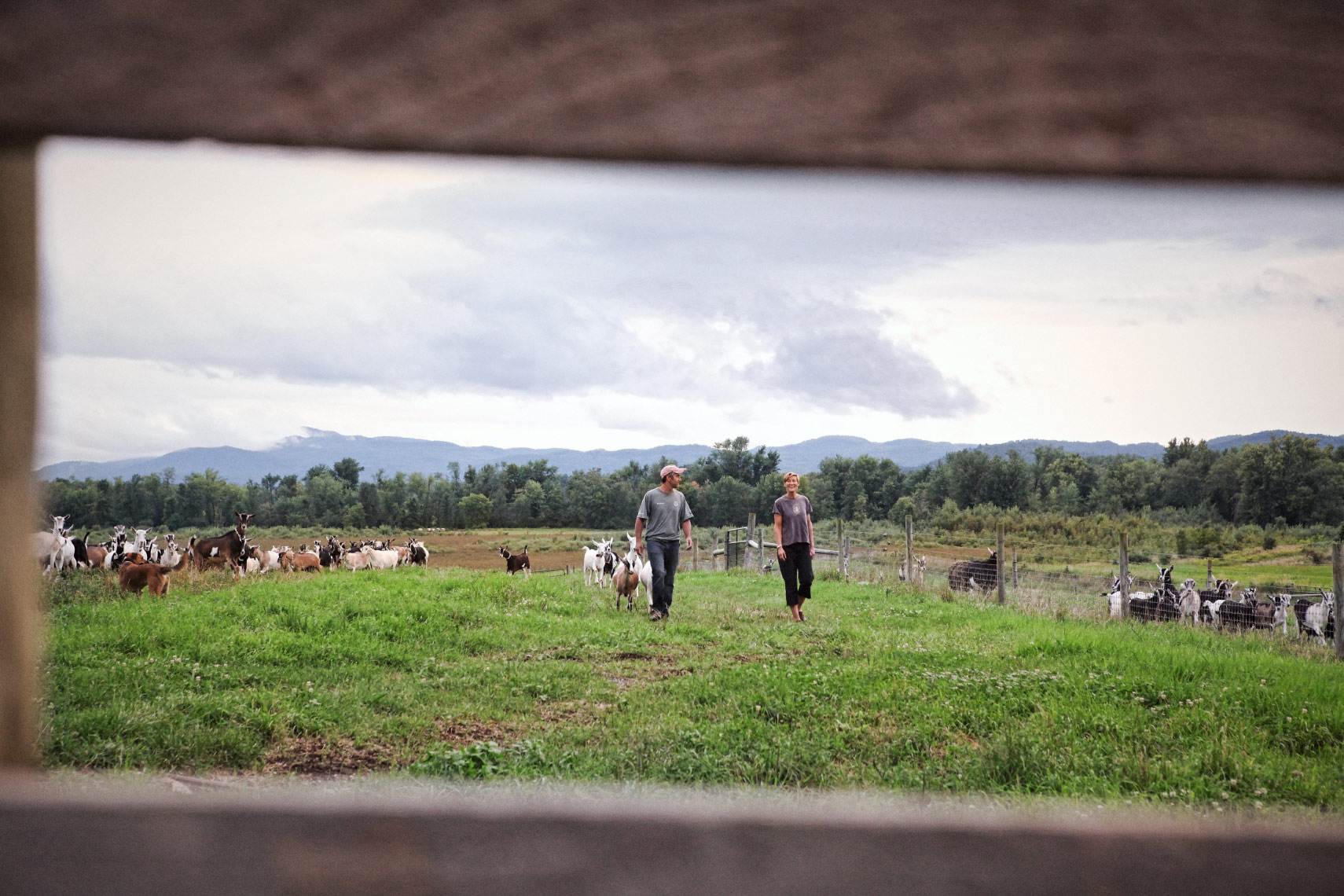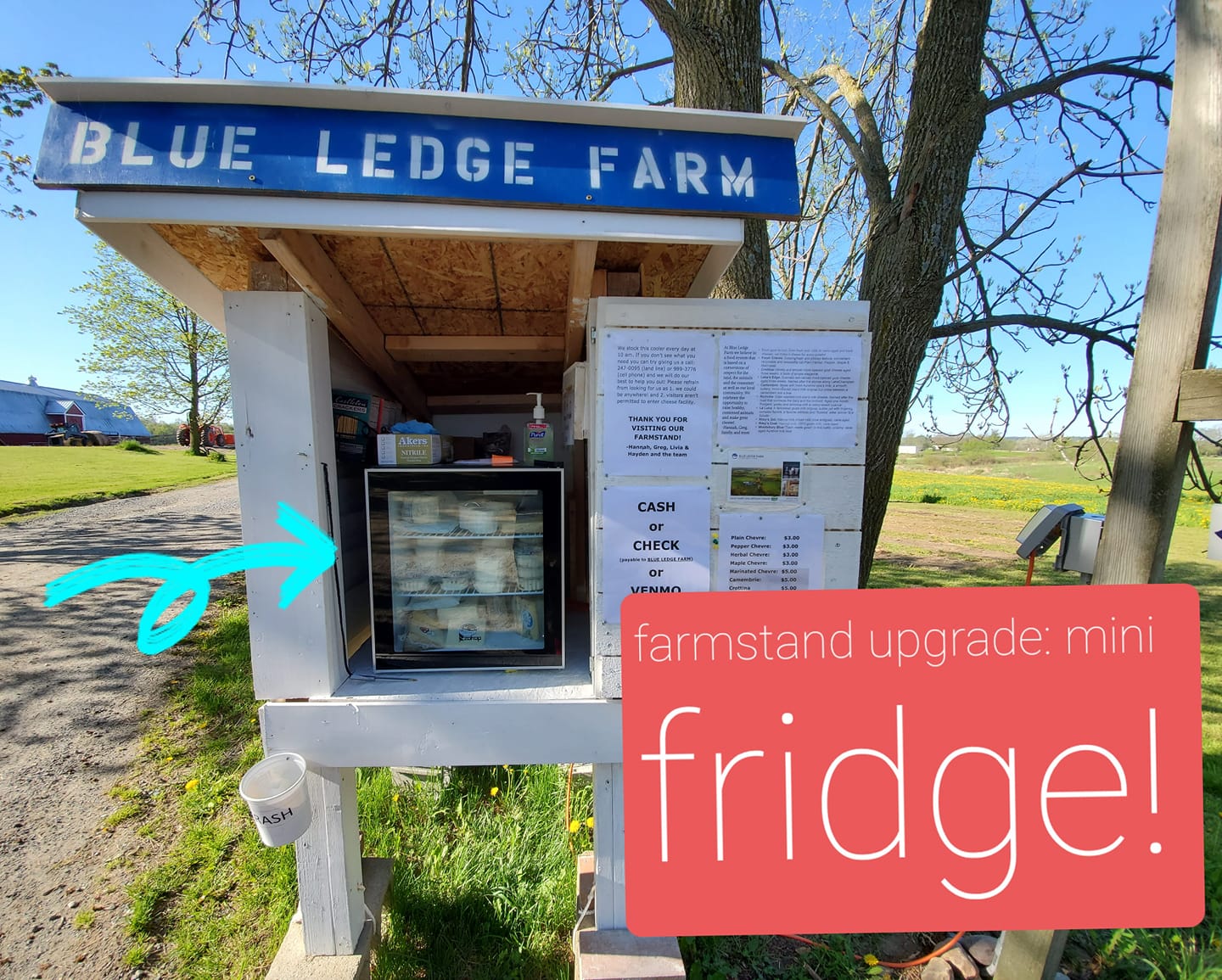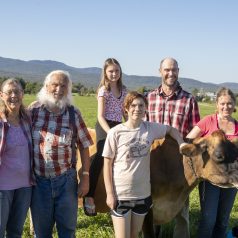
Spotlight on Butterworks Farm
Butterworks Farm is basking in the glow of the Member Deals Spotlight this week and all of their local, organic, grass-fed dairy products are 20% off for member-owners from January 19th – 25th. Read on to learn more about this local farm worked by three generations of the Lazor Family over 46 years to bring you high-quality products with a deep emphasis on regenerative practices that promote soil building, carbon sequestration, water retention, and biodiversity:

Over forty-six years ago, Jack and Anne Lazor came to Westfield, VT fresh out of college with degrees in Agricultural History (Jack) and Anthropology (Anne) and a desire to live “happily ever after as a couple of back-to-the-landers.” By 1979, the couple was selling yogurt, cottage cheese, and raw milk locally to a growing fan base. Over the next several decades, Jack and Anne continued to blaze new trail as leaders in organic farming, laying a firm foundation for the robust local food system whose fruits we’re lucky to enjoy today.
Along the way, Jack managed to find time to teach classes in organic agriculture at the University of Vermont, give frequent inspirational keynote addresses at organic farming conferences, fervently advocate for the adoption of organic practices, particularly within the dairy sector, and write a book called “The Organic Grain Grower” which Mother Earth News dubbed “the best resource we’ve seen for small-scale grain growers everywhere.” Jack was known for being an avid perpetual student as he and Anne exhaustively researched ways to farm with environmental stewardship at the forefront.
In 2010, Jack was diagnosed with prostate cancer and spent seven years on dialysis for cancer-related kidney failure. Over that period of time, Anne kept Jack and the farm running, serving as Jack’s home dialysis technician and a caring presence for the entire Butterworks team. After a long and courageous fight, Jack lost his battle with cancer in November of 2020. Jack and Anne’s daughter Christine Lazor grew up at Butterworks Farm and now has a family of her own. A deep love for the team, the farm, the animals, the products, and the mountains keep her inspired as she and her family carry on the rich farming traditions that her parents began.
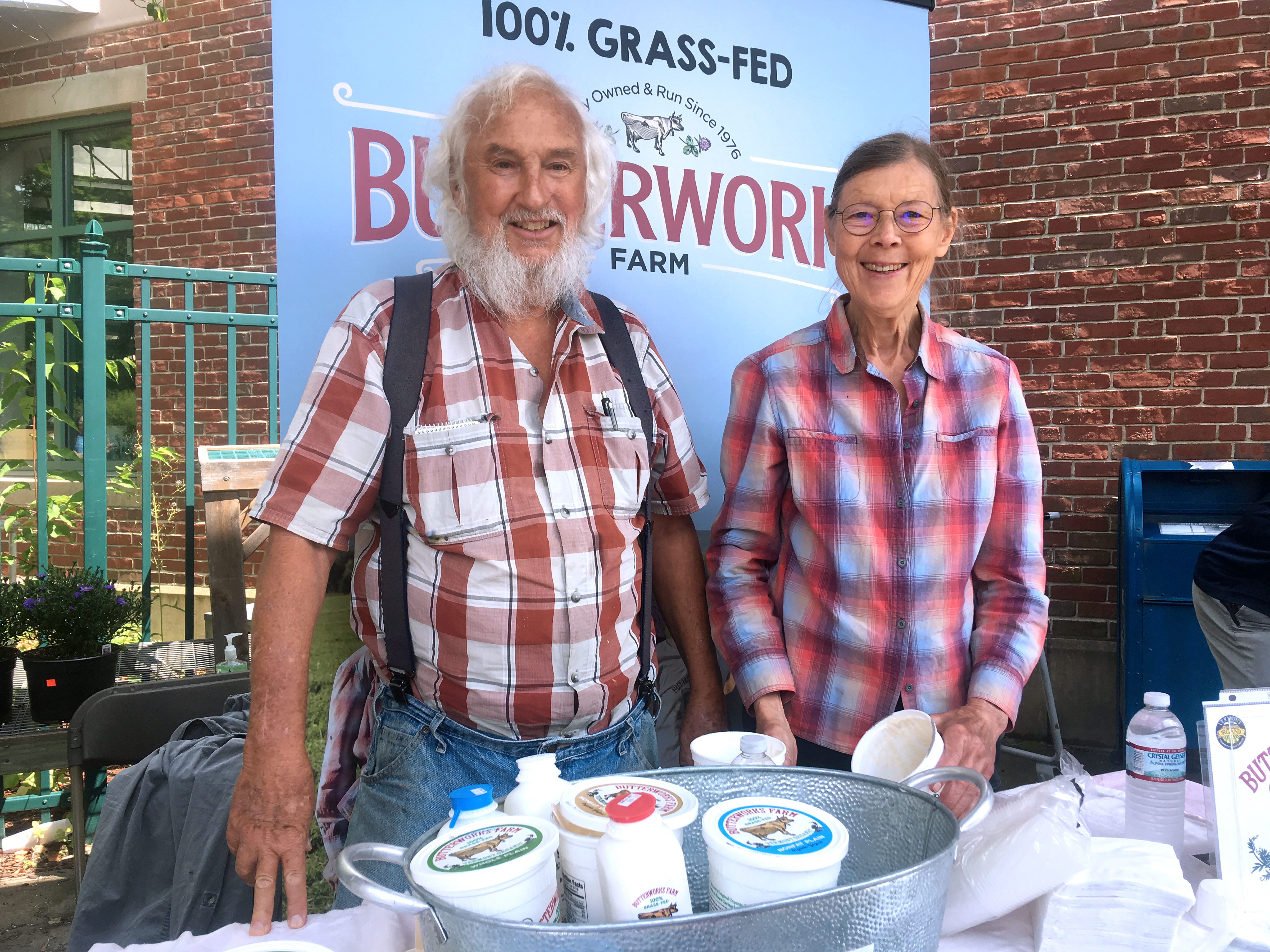
The lucky cows of Butterworks Farm are a herd of very friendly and sometimes precocious Jerseys. Each has her own name and stanchion in the barn during milking. Jerseys were chosen for their ability to produce exceptional milk on a 100% grass-fed diet. High fiber and mineral-rich grasses, legumes, and forages are always available to the cows in the lush, rotationally grazed pastures of summer and the sweet hay in the winter solar barn.
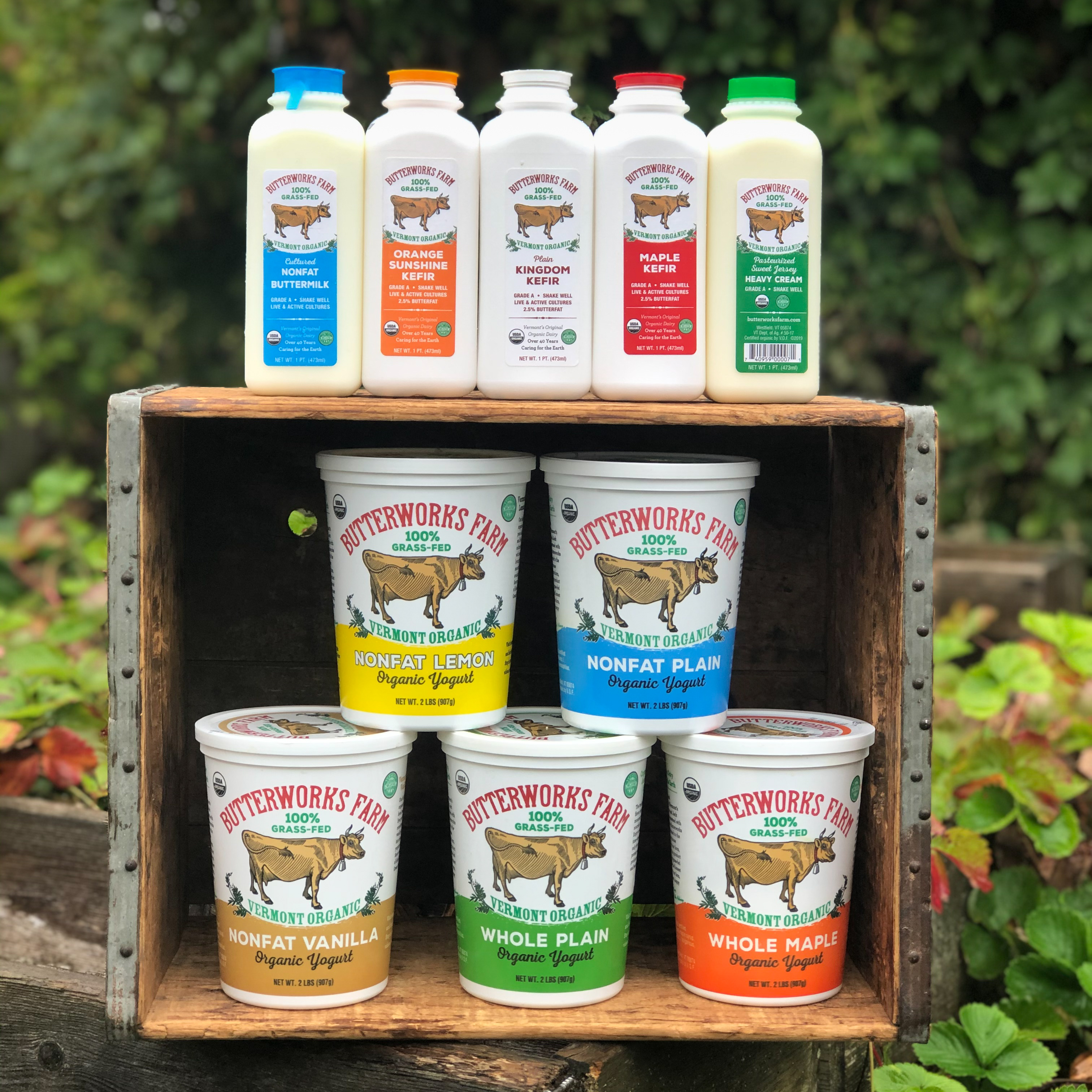
Their farming methods have evolved over the years. For the first forty years, they were grain growers and hay producers. Cereal crops such as oats, wheat, and barley, along with row crops like corn and soy fit neatly into their crop rotations with grasses and legumes. From the straw for the animals’ bedding to the grain the cows ate, everything was grown on the farm. Over the years, as their soil health and fertility increased, the quality of their forages improved until they realized that they could likely reduce the amount of grain that was being fed to the cows. By 2016, they had phased out grains completely and became a 100% grass-fed dairy, rotating the cows on fresh pasture every twelve hours.
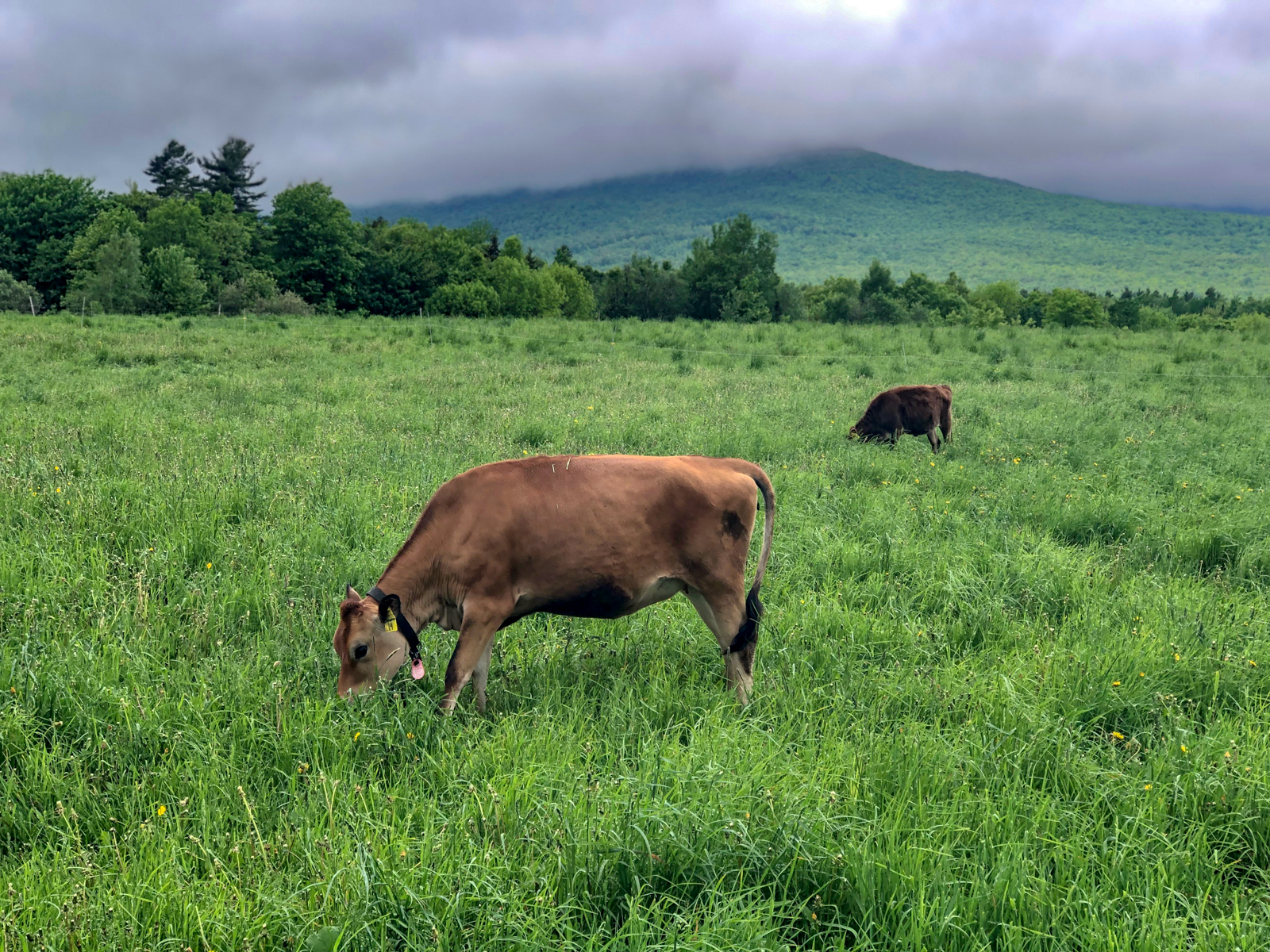
Jack shared in a Butterwork’s Farm blog post that, “our transition to 100% grass-fed is well worth it. Despite the fact that we will need more land and sharpened management skills to do this, we are very happy to promote more grass and less grain (and subsequently less tillage) on the land that we steward. More grass means more fibrous root systems in the soil. Less grain means less tillage and better soil health. Less tillage means less burning of fossil fuels and less disturbance to the delicate balance of microorganisms in our soils. Our primary goal in farming is to take more carbon dioxide from the atmosphere and through photosynthesis, lock it up in the Earth’s crust as humus and organic matter. Higher carbon levels in the soil are the number one weapon that we as humans have to reduce and eliminate the effects of a changing climate.”
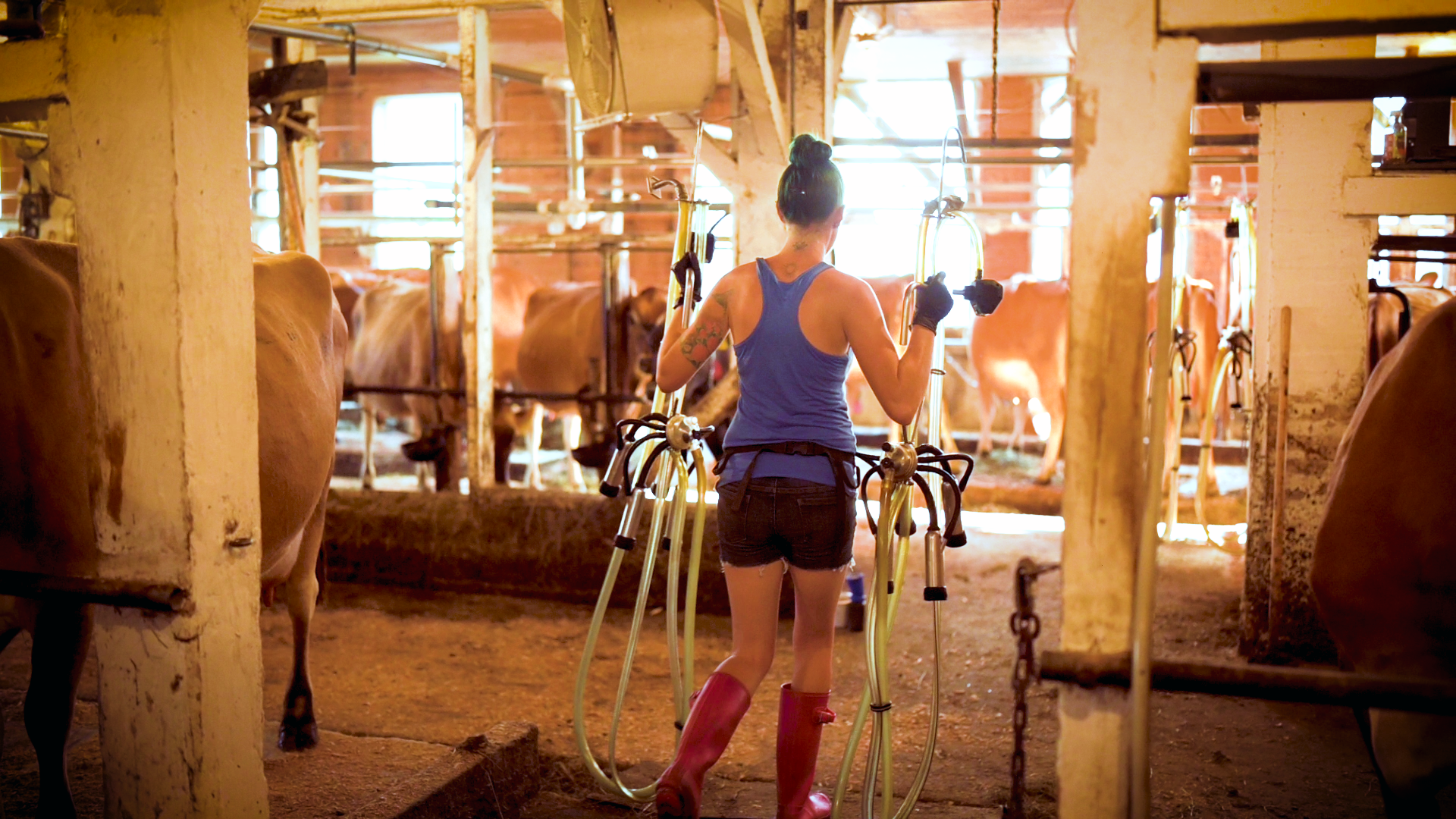
Anne and Jack Lazor were awarded NOFA’s Lifetime Achievement Award in 2019 and were the first organic farmers to be inducted into the Vermont Agriculture Hall of Fame.Jack was also posthumously featured in the Vermont Public Soul of the Soil series in October of 2022, celebrating the ways that Jack boldly changed his practices in an effort to deepen his lifelong commitment to healing the earth through farming. We’re grateful that his family carries on this incredible legacy!

